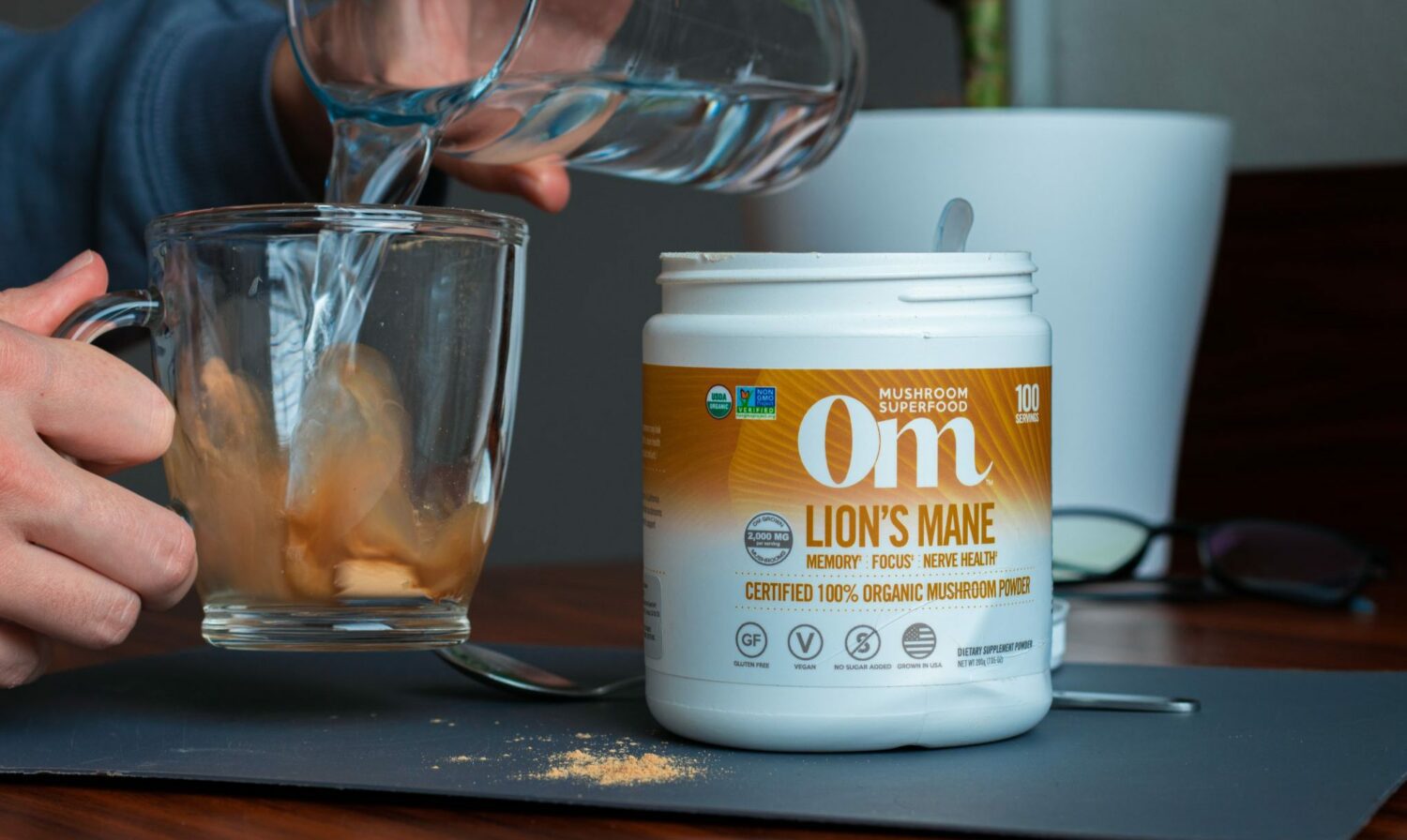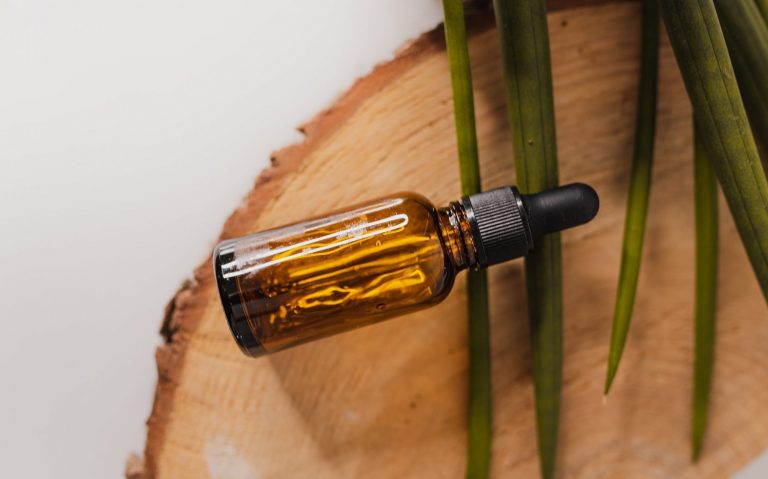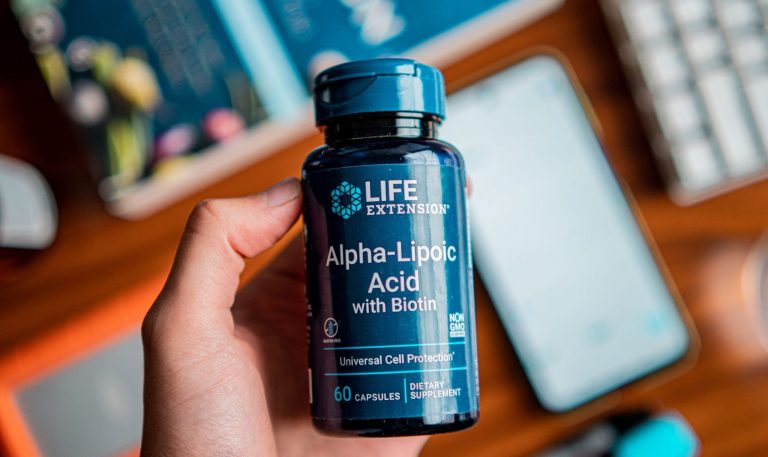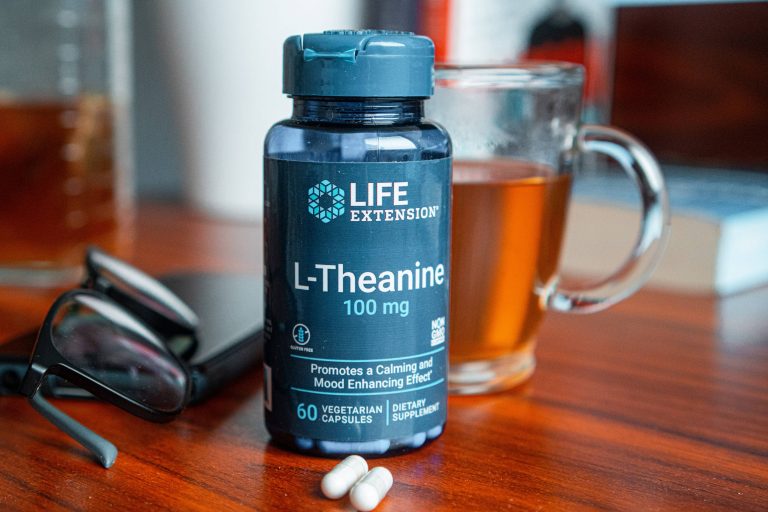Lions Mane Nootropic Effects on the Brain: Improve Memory, Cognition, Learning, and Enhance Mood
Lion’s mane is a mushroom from the Fungi kingdom, Hericium genus. It is also called monkey head mushroom or bearded hedgehog mushroom. Lions Mane nootropic effects extend beyond a simple boost in focus. From neuroplasticity to learning and memory, this mushroom can assist the brain in many ways.
It is an edible and medicinal mushroom native to North America, Europe, and Asia. It looks like a long branch of white spaghetti or so-called long spines. It has been used throughout history in Traditional Japanese, Chinese, and Indian medicine.
This powerful nootropic has multiple benefits on brain health and performance. Being rich in certain bioactive components like hericenones and erinacines – it can stimulate NGF or nerve growth factor which supports neural development.
Powerful Nootropic
Lion’s Mane is considered to be one of the most powerful nootropics in the world. Nootropics are also known as “smart drugs” or “cognitive enhancers”, which can have multiple brain-enhancing effects, like improvements in creativity, motivation, attention, and executive functions. Other potent nootropics with similar effects we’ve covered include Cordyceps Mushroom, Bacopa Monnieri, Caffeine, and Ginkgo Biloba
Another superpower is its ability to prevent neurodegenerative diseases like Alzheimer’s and Parkinson’s, due to its neuroprotective benefits. Besides the main antioxidant and anti-inflammatory properties of Lion’s Mane, this mushroom can have immuno-modulating effects in mice and improve immune function.
Nutritional Profile
Specific compounds in Lions Mane Mushroom:
Overall, this mushroom is one of the most powerful natural brain tonics out there. There have been a lot of studies to prove some of its brain-enhancing, neuroprotective and immunomodulatory benefits, so keep on reading.
What is lions mane mushroom?
Lion’s Mane, also called a monkey head mushroom is a mushroom from the Fungi kingdom, Hericium genus. Lion’s mane mushroom is a powerful nootropic with many potential brain-boosting effects.
Is Lions mane a powerful nootropic?
Yes, Lions mane is considered one of the most potent nootropic mushrooms. It is also related to as a “smart drug” or “cognitive enhancer” due to its ability to protect the brain, support its function and potentially improve memory and learning.
Top 6 Potential Benefits Of Lions Mane Mushroom
Besides being highly nutritious, Lions Mane contains specific bioactive compounds that can improve brain function and performance.
It can influence neuroplasticity and reduce inflammation in the brain, which can influence the speed of learning and information processing. As one of the best long-term nootropics out there, Lions Mane is worth a try.
1. Aids in Neuroplasticity
Lion’s Mane mushroom may improve your brainpower and neuroplasticity. It has been shown to influence the brain since it contains certain bioactive components which are known to stimulate nerve growth and regeneration.
Two active compounds, hericenones and erinacines can aid in myelin regeneration on the nerve axon and also increase neuron growth factor, which results in increased neuron growth in the brain, therefore improving cognition.
It can support your brain through the creation of brain-derived neurotrophic factor BDNF and nerve growth factor NGF. These two compounds are known to enhance one’s brain health due to their nerve-regenerating effects. (1)
NGF – Nerve Growth Factor
BDNF – Brain Derived Neurotrophic Factor
NGF is a protein that supports myelin formation, a lipid-rich substance around nerve cells known to accelerate the transmutation of electric impulses, aka enhance the speed of information processing and transport, making your brain work faster and more efficiently. It improves nerve cell differentiation in the central and peripheral nervous systems. (2) Besides its potential therapeutic properties on the nervous system, it can also be beneficial for the visual system and cutaneous wound healing.
BDNF is neurotropic, which plays a major role in neuronal development, neuroprotection, and modulation of synaptic interactions, critical for cognition and memory. (3) Lion’s mane power lies in BDNF’s ability to enhance neuroplasticity, which is the brain’s ability to adapt and change. This is crucial in learning and brain longevity. (4) The brain must keep developing, changing, and regenerating and be active, to stay healthy and alive.
Neurogenesis, which is the creation of new nerve cells is crucial for brain development and neural plasticity, and NGF & BDNF have a significant impact on it.
A synergistic effect may occur with using Lion’s Mane in combination with vitamin D and Niacin B3, to improve neuropathy in peripheral body parts, since niacin (especially the flush version) can improve vasodilatation at a peripheral level.
2. Neuroprotective Effects
Due to its high antioxidant and neuroprotective benefits, Lion’s Mane might slow the brain’s aging and cognitive decline that comes with it. It can decrease the build-up of amyloid plaque in the brain which has been linked to Alzheimer’s disease. It also has the potential to increase NGF and BDNF, both of which play a crucial role in neuroplasticity and neuron regeneration.
Most age-related neurodegeneration correlates with cognitive decline in learning, memory, and executive function. Enhancing neural plasticity can potentially exert a positive effect in preventing this decline. (5)
May Improve Alzheimer’s, Dementia, And Other Neurodegenerative Diseases.
- Lion’s Mane polysaccharides prepared and purified using a 95% ethanol extraction method, have been shown to decrease reactive oxygen species and cell shrinkage. This antioxidant activity may exert neuroprotective effects,
- lion’s mane mushroom prevented most of the spatial short-term and visual recognition memory impairments induced by amyloid β(25-35) peptide. (7)
- In transgenic mice, Lion’s Mane ethanol extract decreased plaque, increased NGF, and enhanced neurogenesis, which suggests it’s potential use against neurodegenerative diseases. (8)
This edible medicinal mushroom was shown to suppress reactive oxygen species accumulation and block calcium overload while preventing mitochondrial membrane potential depolarization. In mice with Alzheimer’s, it improved the central cholinergic system function, while enhancing acetylcholine concentration in the hypothalamus. (9)
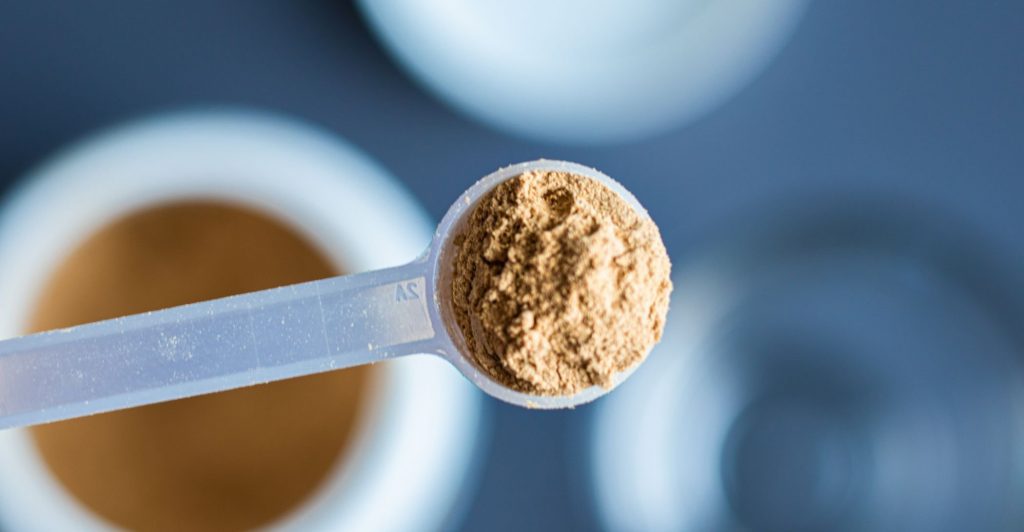
3. Mood Improvement
Besides many neuroprotective benefits of Lion’s Mane, it is known to improve short and long-term memory and promote focus and concentration, along with mood enhancement. This is why this mushroom is known as a special brain tonic.
In a 4 week study, anxiety and depression scores dropped, using this powerful mushroom. Lion’s Mane contains bioactive compounds like hericenones and erinacines which stimulate NGF, having multiple positive effects on brain health and functions.
May Aid In the Reduction of Stress, Anxiety & Depression
After testing Lion’s Mane for depression and sleep quality, it has been shown to have amazing benefits. Significant reduction of anxiety, irritability, and insensitive sensation in the experimental group who took the mushroom. (10) This study suggests that a different mechanism is responsible for it, rather than NGF synthesis.
Hippocampus is the brain’s region responsible for the regulation of emotion, memory sensation, and motivation. Lion’s Mane has the power to aid in hippocampus cell regeneration which can affect our mood and state. (11) It was shown to have anti-depressant-like effects in adult mice brains. The effect of this mushroom on Wild-type mice has shown improved hippocampal neurotransmission and recognition memory. (12)
Lion’s Mane can have anti-depressant effects even in repeated restrain stress (RS) in mice. Following the RS protocol, mice had decreased concentrations of dopamine, serotonin, and norepinephrine, and increased levels of IL-6 and TNF-alpha. Those changes were significantly inverted by using Lion’s mane extract. (13) (14)
4. Powerful Antioxidant Properties
Oxidative stress is caused by an increased amount of free radicals or reactive oxygen species (ROS). If there’s an imbalance, resulting in increased free radicals, there are multiple toxic effects that can damage your DNA. This is the main reason for most diseases – chronic inflammation.
Antioxidants are compounds that enable your body to detox or reverse the damage of oxidation. Certain bioactive components, such as antioxidants that are present in lion’s mane can enhance your body’s ability to fight inflammation. This in turn might slow down carcinogenic effects and improve DNA repairmen. (15)
Anti-inflammatory Properties May Help With Brain Performance and Anti-Aging
Lion’s Mane performed pretty well in this study, whose main goal was to evaluate the antioxidant activities of 14 different medicinal mushrooms. It turned out that Lion’s Mane won 4th place. (16) This study also proved that mushrooms may cut the risk of cardiovascular diseases, due to their anti-inflammatory effects.
Medicinal mushrooms used in traditional Chinese medicine contain special components that can be used for their therapeutic effect to decrease inflammation. (17) One of the main mechanisms of mushrooms behind it was the inhibition of excessive Nitric Oxide generation.
The active component of Lion’s Mane was able to reduce levels of Nitric Oxide, IL-6, and TNF-a. (18) Through different mechanisms, like inhibition of IκB, p-IκBα, and iNOS expressions, Lion’s Mane can improve antioxidant status in the body.
Water-soluble oligosaccharides from Lion’s mushroom may induce different anti-tumor, immune-stimulating, and antioxidant effects, thus being used as a natural antioxidant source. (19)
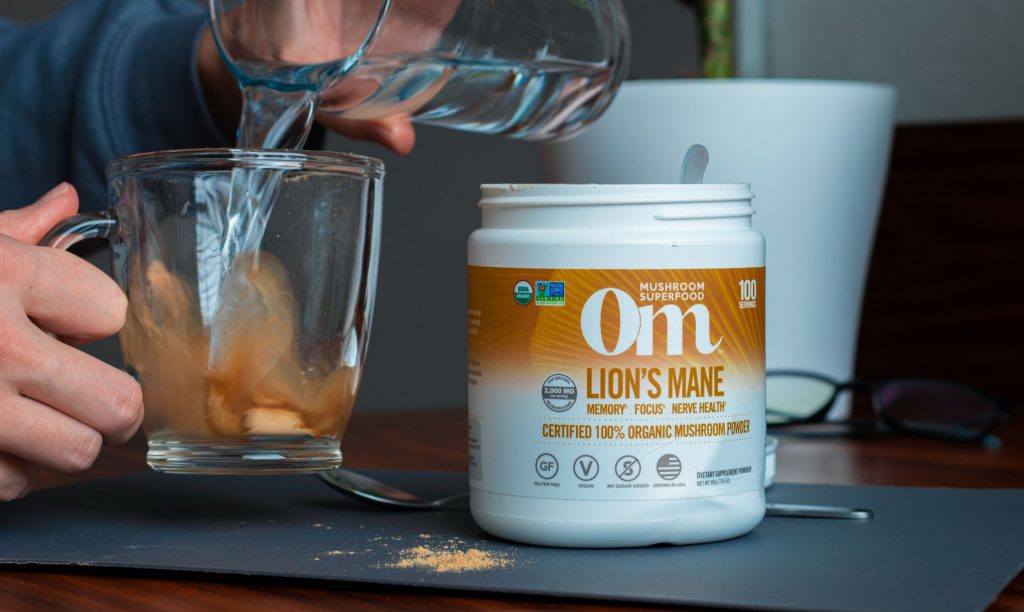
5. Supports Immune Function
This mushroom may also exert immuno-modulating effects in mice through the activation of different pathways, which was shown to improve immune function.
Polysaccharides of the Hericium Erinaceus plant had immuno-modulating effects through cell-mediated and humoral-mediated immunity. They helped to activate MAPK and AKT cellular signaling pathways in the intestines and enhance NK cell activity. (20)
Potential Immunomodulatory and Antibacterial Properties
In this study on mice, Lion’s Mane increased the lifespan of mice who were infected with Salmonella. This investigation proved the antibacterial effects of this edible medicinal mushroom against salmonella. The mechanism behind this is suggested to be innate immune cell activation. (21)
6. Cardiovascular Health
Oxidized LDL is harmful to the body, it is normal LDL cholesterol with further damage from chemical interaction with free radicals. This can aid in the development of atherosclerosis, which can decrease overall blood flow and cause cardiovascular diseases. Lion’s Mane has been shown to induce inhibiting effects of LDL oxidation. (22)
Potential Cardio-protective Effects
Eight edible mushrooms were investigated for their anticoagulant and anti-platelet activities in hot water. Mushroom components such as antioxidants, polysaccharides, phenolic compounds ergosterol, and organic acids may affect heart health. This study has shown that some mushrooms can exhibit cardio-protective effects through the inhibition of arachidonic acid-induced aggregation. The pore polysaccharides and ergosterol they had and the less zinc, the better their antioxidant effects were. (23)
Another study showed improved lipid metabolism in mice that were fed a high-fat diet. (24) Lion’s Mane extract resulted in a significant reduction of weight gain, fat weight, and triglyceride levels.
Bonus: Powerful Nootropic Mushroom
Lion’s Mane is considered to be one of the most powerful nootropics in the world. Nootropics or also known as “smart drugs” or “cognitive enhancers”, can have multiple brain-enhancing effects, like improvements in creativity, motivation, attention, and executive functions. (25) While most nootropics work to modulate the production of neurotransmitters, lion’s mane increases specific proteins to regenerate neurons in the brain.
- Lion’s Mane can affect our dopaminergic and cholinergic pathways – important for cognition, as it affects choline, dopamine, and serotonin. (26)
- It can enhance memory, learning, and focus, by improving neurogenesis in the hippocampus. It can affect our mood and emotional responses, fight anxiety, and have antidepressant-like effects, due to its ability to regulate neurotransmitters for healthy brain function such as serotonin and dopamine. (27)
- It may also increase BDNF which can improve neuroplasticity or the brain’s adaptation ability and NGF which can improve neurogenesis and myelinization. (28)
Lion’s Mane is also good for preventing neurodegenerative disease or age-related cognitive dysfunction like Alzheimer’s and Parkinson’s. (29)
Supplement Disclaimer: The content on this Site is for informational purposes only, and it is NOT intended to give or replace medical advice. Make sure you consult your physician, doctor, or health professional before using any supplement, for its dosage, uses, precautions, and interactions.
Research Limitations
Research Limitations
*Studies have some limitations, important to evaluate the validity of their results. Here’s a highlight of some and NOT ALL studies (and limitation), shown in this article, for context.
- Further research to clarify BDNF effects on neuroplasticity and inflammation.
Research done in animal models, can’t be completely replicated in humans *wild-type mice.
Research done in-vitro * studies of biological molecules outside of living organism.
Studies which show possibility or potential, with no specific guidelines or doses.
Uses and Precautions
Uses
Precautions
Even though there is a lot of research on Lions Mane, the evidence is insufficient, which means it may work, but it is not guaranteed.
Lion’s Mane has been used for memory decline, inflammation of the stomach, gastric ulcers, dementia, depression, cancer, anxiety, diabetes, Parkinson’s disease, multiple sclerosis, weight loss, wound healing, pylori infections, and high cholesterol. (30)
People with bleeding conditions must consult their doctor first since lions’ mane might slow down blood clotting.
For breastfeeding and pregnant women, there is not enough research data to confirm their safety, so it may be best for these women to stay away from it.
For people who have diabetes, it is best to talk to their doctor first since this mushroom might lower blood sugar, so it’s recommended if used, to watch for low blood sugar or hypoglycemia and carefully monitor your blood.
For people who are expected to have surgery, consult a doctor to asses when to stop taking it before surgery, since it may slow down blood clotting, which can cause extra bleeding during surgery.
conclusion
Lion’s Mane is one of the most potent nootropic mushrooms on the market. It can have a significant effect on the brain, improving cognitive function, memory, and concentration, boosting mood and it may also pack some neuroprotective properties. Lion’s Mane may also support immune function and cardiovascular health too, as it is packed with many bioactive compounds.
Frequently Asked Questions
What effects does lions mane mushroom have on the brain?
Lion’s Mane is very nutritional mushroom which packs a good amount of bioactive compound known to enhance brain function. These include hericerins, erinacines, glycoproteins and polysaccharides. Lion’s Mane has been shown to aid in neuroplasticity, by increasing BDNF (brain deriver neurotrophic factor) and nerve growth/regeneration by increasing NGF (nerve-growth factor). Both of these may also improve memory recall, concentration and enhance mood.
Can lions mane improve brain function, focus, and memory?
Lion’s Mane does have the potential to improve brain function. By potentially increasing BDNF and NGF levels, it may enhance memory recall, improve focus and support cognitive function. Partially, these effects come due to its potent antioxidant properties which may reduce inflammation in the brain, and improve circulation.
Is Lions mane a powerful nootropic?
Yes, Lions mane is considered one of the most potent nootropic mushrooms. It is also related to as a “smart drug” or “cognitive enhancer” due to its ability to protect the brain, support its function and potentially improve memory and learning.
Can Lion’s Mane help with Alzheimer’s Disease?
Lion’s Mane does contain bioactive compounds which may stimulate BDNF and NGF, which are known to support neuroplasticity and regeneration. LM can also improve blood flow in the brain, which may help reduce amyloid plaque build-up. Aside from these two effects, LM powerful antioxidants may work to reduce inflammation and protect the brain from free radicals.
What are the benefits of Lion’s Mane mushrooms?
Some potential benefits of Lion’s Mane mushroom include:
– supports cognitive function
– may improve focus, concentration & alertness
– may improve short-term and long-term memory
– has neuroprotective properties
– may support nerve regeneration and neuroplasticity
– can potentially increase BDNF and NGF levels
– may improve mood, fight anxiety and depression
– has potent antioxidant properties, is anti-inflammatory
– has immunomodulatory effects
– promotes cardiovascular health

